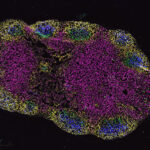Joining the fight against COVID: Women scientists at Boston Children’s are leading the way
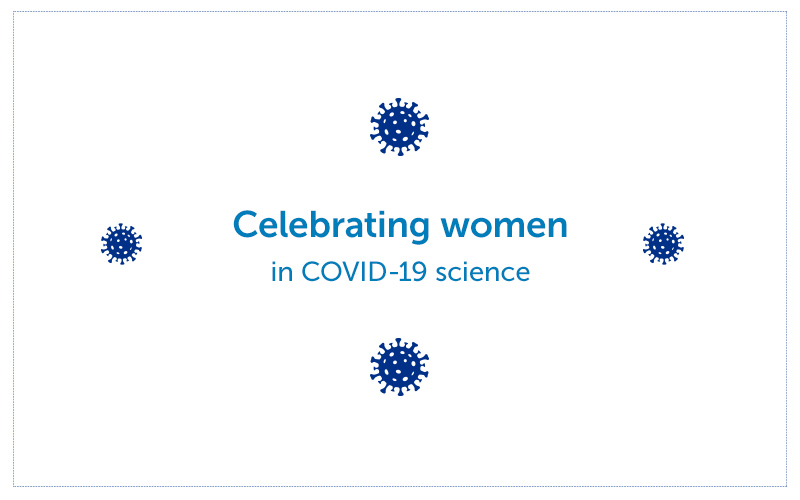
When the COVID-19 pandemic hit in 2020, many women scientists around Boston Children’s pivoted to studying the new coronavirus and its effects. Today on the International Day of Women and Girls in Science, they offer their wisdom and advice on going into science, why they chose to do research on COVID-19, and the challenges they’ve faced.
Adrienne Randolph MD, MSc
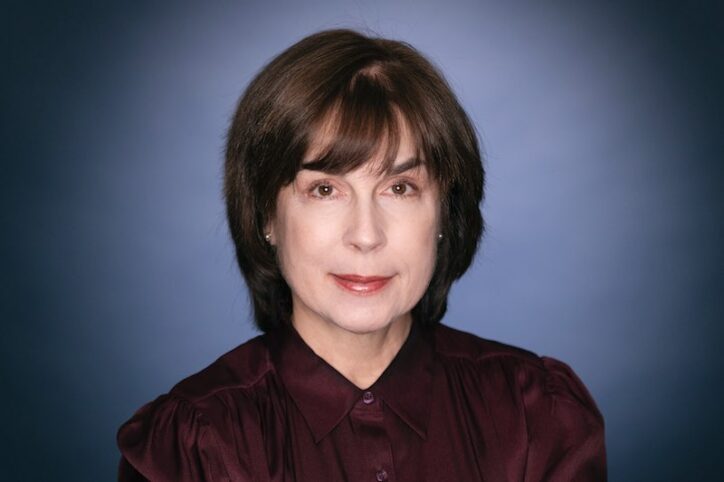
Long before COVID-19 hit, Dr. Adrienne Randolph was studying how children’s immune systems respond to critical illness. In 2002, she founded the Pediatric Acute Lung Injury and Sepsis Investigator’s Network (PALISI), a consortium of 80 pediatric ICUs. In 2020, she tapped PALISI to mount a nationwide study of COVID-19 and multisystem inflammatory disorder in children (MIS-C). That CDC-funded study, called Overcoming COVID-19, continues to produce insights on the spectrum of illness and the efficacy of vaccination.
On going into science: I have focused on lung injury and severe, life-threatening infections for most of my career. My interest started because I had an older brother who died from an infection during a pandemic. I usually study the influenza virus, which like COVID-19 can cause pandemics. Early on, I learned that one has be prepared prior to a pandemic to be able to jump in right away and collect samples and enroll patients.
On COVID-19 research: COVID is challenging to study because it causes multiple types of disease in children. It affects not just the lung but many other organ systems including the brain. So we have to capture a lot of information and samples.
Career advice: Read all you can to understand biology and disease. There are many documentaries about famous scientists where you can learn what the career involves. Volunteer or intern in a laboratory to get some hands-on experience. There are also many opportunities to collect and analyze clinical data, especially with COVID-19. Don’t be afraid to take on hard questions, think outside the box, or be creative. And be careful who you listen to. Negative feedback can be helpful if it comes from people who care about you. Filter feedback from people who are not in your corner. Believe in yourself; there are many people who want to help you succeed.
Jane Newburger, MD, MPH
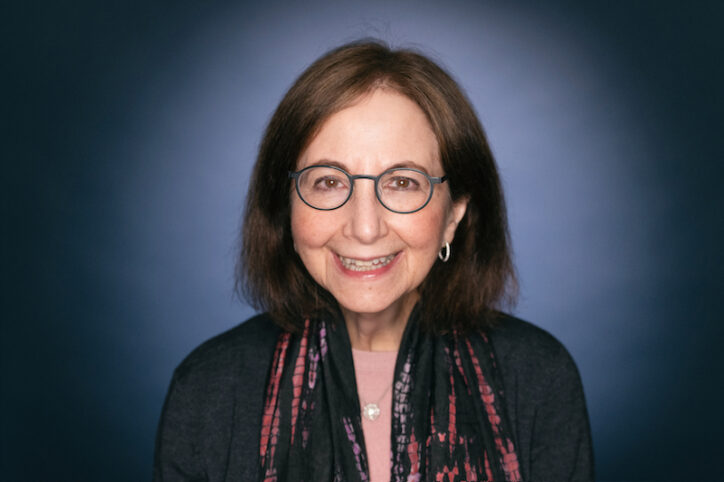
Dr. Jane Newburger’s research focuses on Kawasaki disease and how to minimize neurologic problems after surgery for congenital heart disease. When COVID-19 hit, she co-launched the Long-Term Outcomes after the MUltisystem Inflammatory Syndrome In Children (COVID MUSIC) study. Recently, she led research that showed that myocarditis (heart inflammation), a rare side effect of COVID-19 vaccination, is generally short-lived and mild, unlike myocarditis caused by COVID-19 itself.
On becoming a physician-scientist: I fell in love with pediatric cardiology in medical school, and have had a special interest in Kawasaki disease since the early 1980s. Kawasaki disease is an acute inflammation of the blood vessels that, through its effect on the coronary arteries, is a leading cause of acquired heart disease in children. With members of our Kawasaki disease team, I’ve studied the disease process, interventions, and outcomes.
On COVID-19 research: In April 2020, we had a surge of patients with multisystem inflammatory syndrome in children (MIS-C), which appeared to have features of Kawasaki disease. Our Kawasaki disease team already had the needed areas of expertise and infrastructure, so we were able to pivot and rapidly expand our mission to care for children with MIS-C and to study this new illness. It is exhilarating to be able to help children affected by a brand new, sometimes devastating disease and save lives of the sickest kids.
Challenges faced: The biggest challenge is also one of the great joys of working in this field: I have to work hard to keep up with the breathtaking pace of advances and new information so that my research remains cutting edge.
Career advice: Don’t let anyone make you feel that being a girl will keep you from being a great researcher. You can do it! Follow your dreams, work hard, and find strong mentors to help guide you along the way.
Nira Pollock, MD, PhD
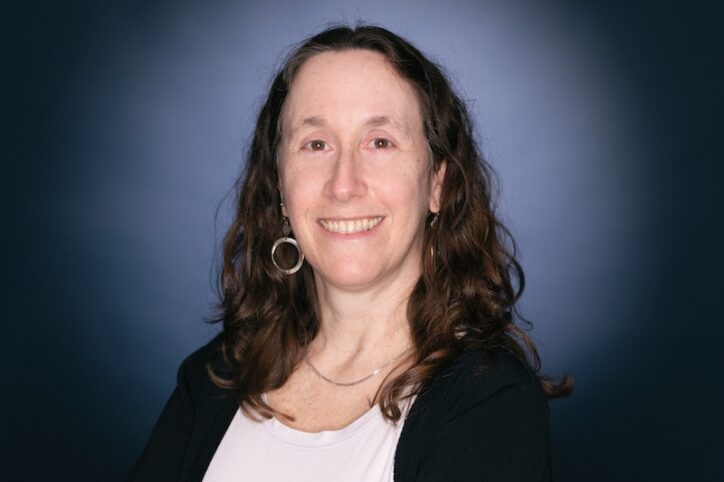
Dr. Nira Pollock is associate medical director of the Infectious Diseases Diagnostic Laboratory at Boston Children’s. Her research focuses on the development and evaluation of diagnostic tests for infectious diseases, from tuberculosis to Lyme disease to Ebola, ranging from simple paper-based tests to automated platforms. When COVID-19 emerged, she became heavily involved in developing and evaluating COVID-19 tests and test practices, such as pooled testing in schools.
On going into science: I knew that I wanted to do medical research that could directly impact patient care. During my PhD training, I learned how to design experiments, develop test procedures, and troubleshoot problems. In medical school I was intrigued by infectious diseases and learned that I enjoyed solving medical mysteries through diagnostic testing.
On COVID-19 research: My research on diagnostic tests has spanned a wide range of diseases. I pivoted to developing and evaluating COVID-19 diagnostics because we urgently needed good tests to guide care and prevent more infections. We needed rapid tests for the point of care and more accurate tests that could be run in clinical laboratories. We also needed to understand which symptoms should prompt testing and what kind of samples to use (nasal swabs, nasopharyngeal swabs, throat swabs, saliva, or blood).
Challenges faced: In researching COVID-19 diagnostics, the rapid emergence of new viral variants like Delta and Omicron has probably been the biggest challenge. The other major challenge has been the rapid evolution of testing technologies and test availability. We now have home tests available in stores and sometimes distributed for free. But we still have a lot to learn about when and how best to use them and how to provide optimal guidance to the public.
Career advice: If you think you are interested in being a scientist, give it a shot! Don’t let any insecurities hold you back. Being a scientist is a great way to contribute to the world.
Mary Beth Son, MD
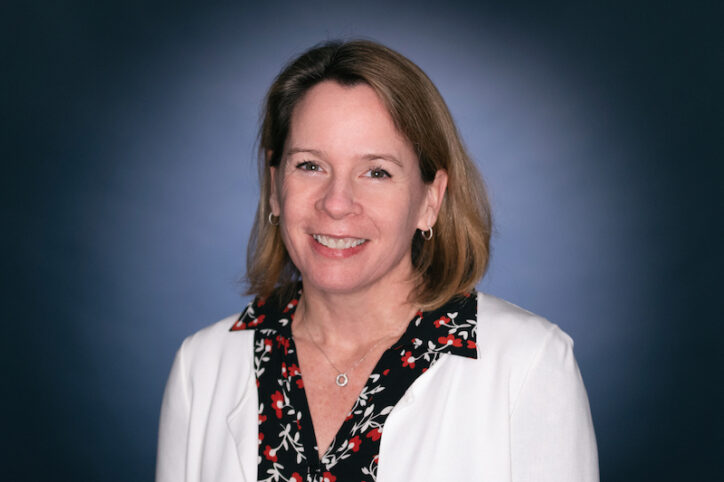
Dr. Mary Beth Son, section chief of Rheumatology at Boston Children’s, found herself in the middle of the action when COVID-19 hit. Prior to the pandemic, her research focused on childhood lupus as well as Kawasaki disease, whose symptoms can overlap with MIS-C. This experience uniquely prepared her to study and treat that still-mysterious illness and demonstrate the efficacy of combined immunoglobulin and steroid treatment for MIS-C.
On going into science: I became interested in pediatric rheumatology because I enjoyed the complexity of the diseases and the long-term nature of the relationships I had with patients and families, as these diseases are typically chronic. When I first entered the field, biologics (drugs made through biology rather than chemistry) were becoming more routinely used. Many new biologics have since become available. This has significantly helped many of our patients and made my practice both interesting and meaningful.
On MIS-C research: It seemed logical to become interested in MIS-C. Like many diseases in pediatric rheumatology, MIS-C is characterized by inflammation throughout the body. Some of the features we see in MIS-C overlap with Kawasaki disease, another childhood syndrome I take care of.
Challenges faced: Initially, the biggest challenge in caring for patients with MIS-C was being unsure of how to treat it. We knew very little in the beginning about the disease process, and this was definitely discomforting at times. We now have learned what the syndrome looks like and have some evidence to support treatment approaches. However, we still have much to learn, and the ongoing pandemic has been stressful for patients, families, and healthcare providers.
Career advice: As hard as it may be, try to consider uncertainty as an opportunity to make an impact.
Janet Chou, MD
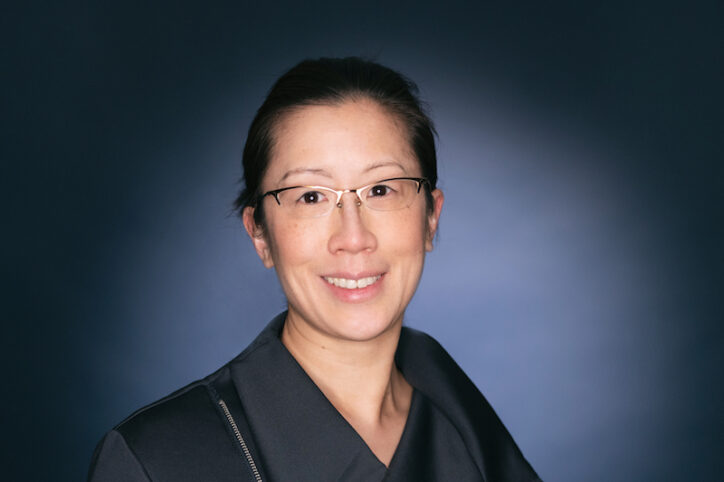
Dr. Janet Chou is the Section Chief of Clinical Immunology at Boston Children’s. Her research focuses on the biological mechanisms driving disorders of immune dysfunction, with the ultimate goal of finding more diagnoses and better treatments. Since the start of the pandemic, she has been investigating genetic factors that may predispose people to severe COVID-19, as well as factors that may make some children susceptible to MIS-C.
On COVID-19 research: My research focus has always been on factors that make people susceptible to specific infectious pathogens. Studying the causes of severe COVID-19 in children was a natural application of the tools and approaches we had developed. COVID-19 intersects with so many facets of human health: genetics, immune function, the impact of underlying diseases, and health disparities, among others. For me as a physician-scientist, this is compelling and opens fundamental questions of what determines immune health.
Biggest challenges: Immunology studies often depend on mouse models, but mice are naturally resistant to SARS-CoV-2 infection. That makes the research more challenging, although a number of novel tools have been developed.
Career advice: Strategy + community = scientific advancement. Wise mentors who tell it straight and a team whose strengths complement yours will transform the unsolvable into opportunities for discovery.
Learn more about COVID-19 research at Boston Children’s Hospital
Related Posts :
-

Model enables study of age-specific responses to COVID mRNA vaccines in a dish
mRNA vaccines clearly saved lives during the COVID-19 pandemic, but several studies suggest that older people had a somewhat reduced ...
-

New insight into the effects of PPIs in children
Proton-pump inhibitors (PPIs) are frequently prescribed to suppress stomach acid in patients with gastroesophageal reflux disease (GERD). Prescribing rates of ...
-

Creating the next generation of mRNA vaccines
During the COVID-19 pandemic, mRNA vaccines came to the rescue, developed in record time and saving lives worldwide. Researchers in ...
-

Reversing the trend: Easing the mental health boarding crisis in emergency rooms
Anxiety, depression, and suicide attempts have been rising over the past decade, especially among teens, often landing them in emergency ...




